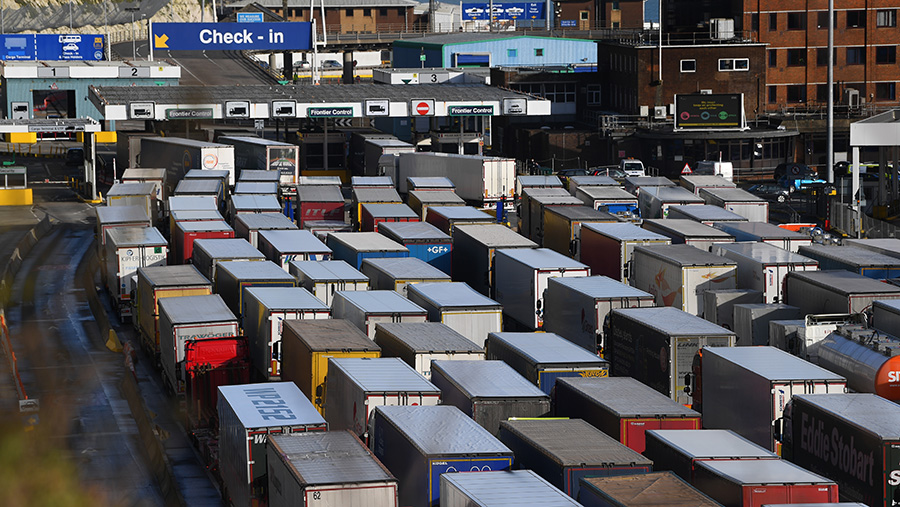
The British ports are asking the government to compensate for millions in wasted expenses in the border infrastructure after Brexit that is now redundant under the new United Kingdom Commercial Agreement with the European Union.
The agreement, which includes the commitment to eliminate most health and phytosanitary controls (SPS) on food, animal products and agricultural goods, has been widely accepted by the port authorities. However, the agreement has also caused anger for the millions invested in facilities that can never be used.
According to the British port association (BPA), the ports spent more than £ 120 million preparing for a regime of rigorous expenses of border inspections after the Brexit that now seems unlikely to recover.
“While a new framework agreement is welcome, it means that capital and operations costs, as well as opportunity costs, will probably never recover from merchants as promised,” said Richard Ballantyne, executive director of BPA. “Therefore, we are asking the government to meet with the deficit.”
The BPA repeats the ports responsible for 86% of the United Kingdom trade, including most EU assets. While some larger ports already had the required inspection infrastructure, many smaller and regional ports were forced to build new facilities from scratch.
One of the most affected is Portsmouth International Port, owned by the City Council of Portsmouth. The port spent 6 million of its own funds, in addition to £ 17 million in government subsidies, to build a highly specialized border control post (BCP), which is now not mainly used.
“This specialized installation costs around £ 23 million and occupies two acres of valuable operational lands,” said Steve Pitt, leader of the City Council of Portsmouth. “If there is no need for inspections, we can be forced to consider demolishing a building that is less than three years old.”
Originally, the port had hoped to recover the costs through the inspection charges collected in the merchants, but with the SPS checks now eliminated, these sources of income have disappeared.
The expenses of the Ports occurred in addition to the port infrastructure fund of £ 200 million provided by the United Kingdom government to help prepare for the commercial requirements after Brexit.
But according to the National Audit Office, this is just a fraction of broader public spending. Its 2023 report revealed that the Government has spent £ 4.7 billion in the implementation of border systems after Brexit, although complete controls in EU imports have been delayed five times since January 2021.
This prolonged uncertainty left many port operators unable to plan or budget, ultimately, investing in facilities under Westminster pressure that now run the risk of becoming white elephants.
The reversal of SPS checks is part of a broader effort to reduce commercial friction after Brexit between the United Kingdom and the EU. The change is expected to relieve the bottlenecks of the supply chain, reduce import costs for companies and simplify the logistics of perishable goods. But for many ports, the question now is who asks the bill for a regulatory environment that never materialized completely.
The port authorities and local councils are urging the government to launch a formal compensation process and provide clarity about the future of border infrastructure, especially for smaller ports that sacrificed commercial lands to comply with the previous regulatory guide.
If the treasure will perform on the calls it is still an uncle. But as the Brexit strategy of the United Kingdom continues to evolve, the financial legacy of its first implementation steps is still counted and counted.





